In 2004, French police officers searching the home of the professional cyclist David Millar found some syringes and empty phials hidden in a hollowed-out book. Millar confessed that he had been using the substance EPO to boost his red-blood-cell count. He was banned from the sport for two years, and returned to cycling a reformed man, becoming a prominent and vocal critic of doping in the professional peloton.
The rise and fall and rise of David Millar’s cycling career formed the dramatic backdrop to his first memoir, Riding Through the Dark (2011). His second book, The Racer, is a more elegiac affair. It follows Millar through the twilight of his career, recording his frustration as he loses his position as the elder statesman of British cycling. Though we get hints about his past, here Millar wants to present himself as a ‘stand-up member of society rather than the twisted and damaged doper I have previously been’.
Millar first became a professional cyclist when, as he writes, ‘doping was rife and ethics were something that we knew of, yet rarely saw put into practice’. In The Racer it’s easy to see how one might be tempted to enjoy the not-so-marginal gains provided by doping. Cycling emerges here not just as a more demanding sport than many others, but as a far more intrusive one. The cycling gaze is as omniscient as it is pitiless. The weight of riders is monitored more closely than that of catwalk models (many go on to develop eating disorders). Every rider knows their own body’s fat content, their VO2 max levels and the amount of lactic acid — down to the milligram — their bodies can handle. It’s a life lived under intense scrutiny, and there isn’t much room to hide.
But the real cruelty of the sport, as Millar describes it, is that a racing cyclist is only ever as good as his or her condition. Cyclists don’t really have a transferable skill set: within weeks of stopping training, a professional cyclist won’t be any more impressive a rider than your average enthusiastic amateur. ‘Our magic is our physical condition,’ writes Millar, ‘the ability to be super-trained. When we stop training the magic goes; very quickly we are indistinguishable from any other person. With us it’s gone the moment we hang it up, and the sooner we realise this the better.’
The book is written as a series of more or less coherent diary entries, loosely following the racing calendar of Millar’s last years on the road (one suspects the organising hand of a ghost writer is absent here). The style is often like that of an eager teenager: ‘Fucketyfuck, not good’ thinks Millar as he realises he’s become the oldest rider in the team; the Tour of Qatar is a ‘crashtastic’ race; devotees of the ‘monuments’ — some of the most demanding cycling classics — are ‘crazy-batshit’. After one particularly bad crash Millar lies in the road and thinks, with no regard for cliché, ‘I’m too old for this shit.’
He’s at his best when he’s describing, in straightforward prose born of familiarity, the feeling of the road: the umwelt of the professional peloton, the sheer pain of pushing yourself during a time-trial, the existential horrors of meeting, as racing cyclists put it, ‘the man with the hammer’. He’s good too on the exquisite terror of a big crash and the pain of recovering from one without using painkillers (due to his team’s stringent anti-doping policy). The death of Wouter Weylandt, who crashed during a descent in the 2011 Giro d’Italia and died of his injuries, is a sobering reminder of the real dangers of this most demanding of sports.
There’s plenty of score-settling here too: the pain of not being selected by his team to ride in the 2014 Tour de France is obviously still very raw. Indeed Millar doesn’t win very much at all during this, his final year in the chain gang. Not that this seems to matter very much, for it’s the ride that counts. ‘During these last two years I’ve spent more time being made to suffer than making people suffer,’ he writes. ‘I’m slowly, and softly, being killed off. The decline is apparent.’
Cycling has always been about a great deal more than its winners, and The Racer is quite a ride.
Got something to add? Join the discussion and comment below.
Get 10 issues for just $10
Subscribe to The Spectator Australia today for the next 10 magazine issues, plus full online access, for just $10.
Available from the Spectator Bookshop, £17, Tel: 08430 600033
You might disagree with half of it, but you’ll enjoy reading all of it. Try your first month for free, then just $2 a week for the remainder of your first year.

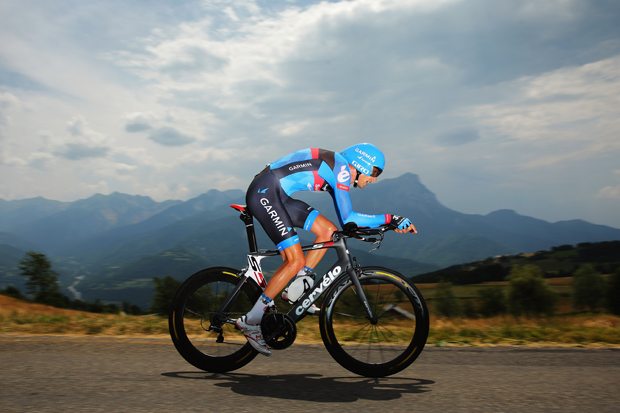

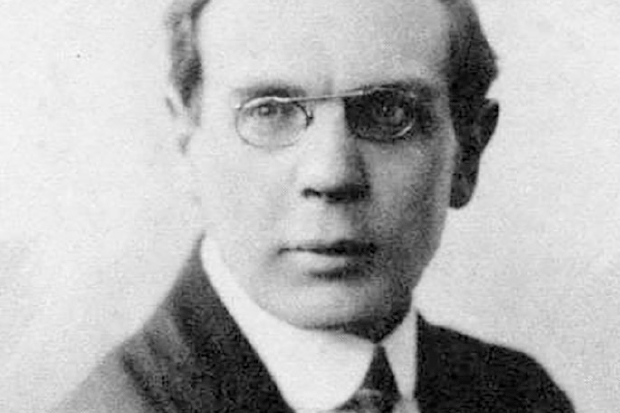
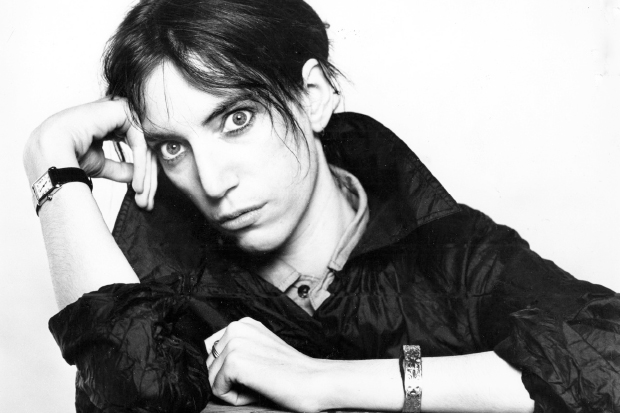
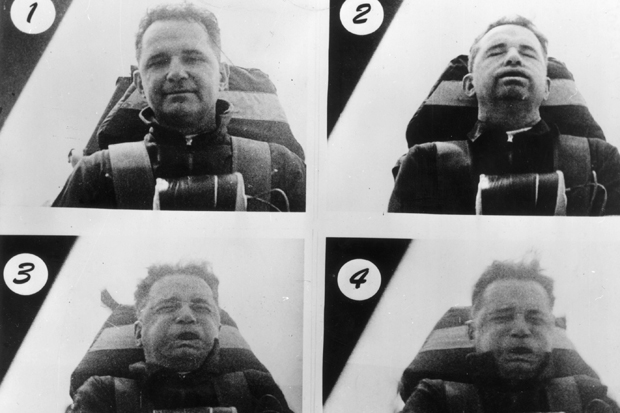
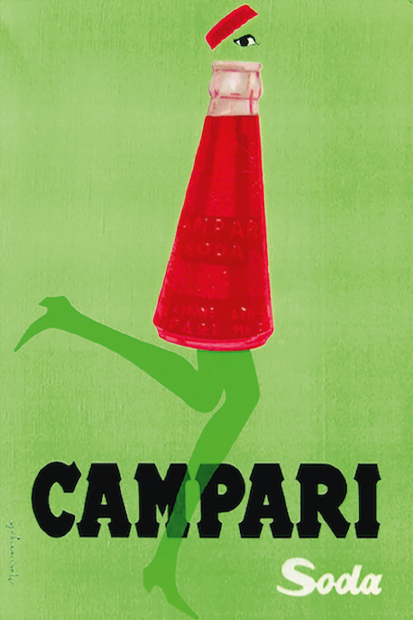
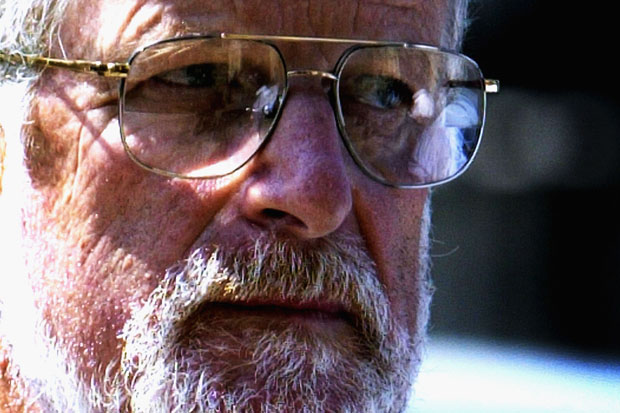






Comments
Don't miss out
Join the conversation with other Spectator Australia readers. Subscribe to leave a comment.
SUBSCRIBEAlready a subscriber? Log in